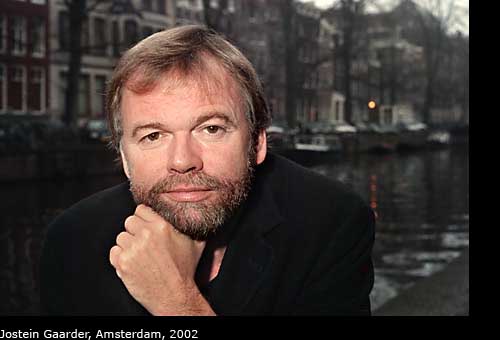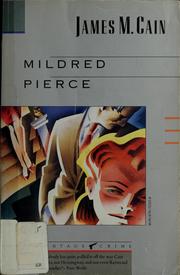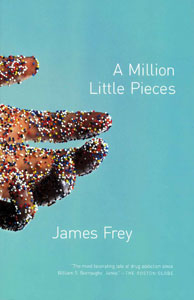
In Jordan's prize-winning debut, prejudice takes many forms, both subtle and brutal. It is 1946, and city-bred Laura McAllan is trying to raise her children on her husband's Mississippi Delta farm—a place she finds foreign and frightening. In the midst of the family's struggles, two young men return from the war to work the land. Jamie McAllan, Laura's brother-in-law, is everything her husband is not—charming, handsome, and haunted by his memories of combat. Ronsel Jackson, eldest son of the black sharecroppers who live on the McAllan farm, has come home with the shine of a war hero. But no matter his bravery in defense of his country, he is still considered less than a man in the Jim Crow South.
It is the unlikely friendship of these brothers-in-arms that drives this powerful novel to its inexorable conclusion. The men and women of each family relate their versions of events and we are drawn into their lives as they become players in a tragedy on the grandest scale.
My take: 3 stars
Typical story of racism in the south after WWII. Black sharecroppers on the land of white owners. Some whites hate blacks and others simply follow the rules because they are the social mores of the day. That is the typical part of the story. The part that sets this book apart is the comparison and contrast of the characters.
The book is written from the perspectives of six characters, half white and half black: Two husbands, two wives, and two war veterans just returned home. The women are the richest and most complex.
Laura is a white wife, who is very submissive to her husband; however, he knows her moods: "A woman will make her feelings known one way or another. Laura's way is with music: singing when she's content, humming when she isn't, whistling tunelessly when she's thinking a thing over and deciding whether or sing or hum about it."
In contrast, Florence is the black wife of a man who tends the land that he doesn't own. She is a headstrong midwife and let's her husband know where she stands: "You'll move if I say so", Hap (her husband) said. "For the husband is the head of the wife, even as Christ is the head of the church." Florence's reply: "Only so long as he is alive. For if the husband be dead the wife is loosed from his law. Says so in Romans."
Henry and Hap are the husbands, one owns the land and the other works it. Jamie and Rosnel are both war veterans, and are dealing with their war-damaged psyches in different ways.
There is one character who overshadows all of these, however, and we never get to hear from him. It's Pappy, the cruel racist father of Henry and Jamie, who lives with Henry and family. While I detested Pappy, his ways and his words, Jordan draws a very real character from this time, and I wanted to hear from him. What made him so hateful? Was he always mean? Did something happen in his life to set his ways, and his path on one of hate-filled vitriol? Why didn't we hear from him? Why would Jordan choose to make one of the most pivotal characters silent? It was disappointing.
As was the last chapter, told by Rosnel. It was full of "what if" scenarios. I got the feeling that Jordan assumed the reader would want to know how Rosnel, out of all of the other characters, turned out. With me, this was not the case. Laura started the book, the book was really about her at its core, and I think Laura should have been the one to close it. To have Rosnel close it seemed needless and cast a hint of preference on the closing. It gave him an unnecessary spotlight at the end that marred the story.





